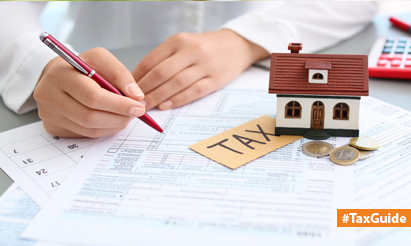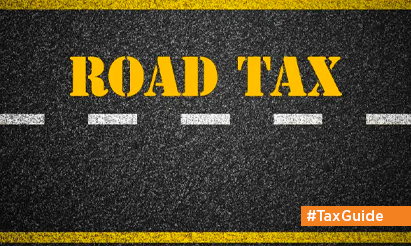Taxation of Jointly Owned Property in India: A Comprehensive Guide!
Investing in property is a significant financial decision, and many individuals in India choose to purchase property jointly with family members or business partners. However, it’s essential to understand the taxation implications that come with jointly owned property. In this article, we will explore the taxation aspects and guidelines associated with jointly owned property in India.
Ownership Structures and Tax Implications
When it comes to jointly owned property, the ownership structure determines the tax liabilities of the co-owners. There are two common types of joint ownership in India: joint ownership with rights of survivorship and tenancy-in-common.
- Joint Ownership with Rights of Survivorship : In this type of joint ownership, if one co-owner passes away, their share automatically transfers to the surviving co-owners. From a taxation perspective, there are no capital gains implications at the time of transfer. However, if the surviving co-owners sell the property in the future, they will be liable for capital gains tax based on their individual ownership percentages.
- Tenancy-in-Common :Under this ownership structure, each co-owner holds a specific share in the property, which may or may not be equal. From a tax perspective, each co-owner is responsible for their share of income or capital gains tax, depending on the nature of the transaction.
Income Tax Implications on Jointly Owned Property
The income tax implications of jointly owned property depend on whether the property is self-occupied, rented out, or deemed to be let out.
- Self-Occupied Property: If the jointly owned property is self-occupied by any of the co-owners, no income tax implications arise, as there is no rental income to be taxed. However, each co-owner can claim deductions on their share of the home loan interest and principal repayment under Section 24 and Section 80C of the Income Tax Act, respectively.
- Rented Property: If the jointly owned property is rented out, rental income is taxable in the hands of the co-owners according to their ownership percentages. Each co-owner must declare their share of rental income while filing their income tax returns.
- Deemed to be Let Out Property: If a jointly owned property is not rented out but is deemed to be let out, the income tax implications are similar to those of a rented property. Each co-owner must include their share of deemed rental income in their income tax return and pay tax accordingly.
Capital Gains Tax on Jointly Owned Property
Capital gains tax comes into play when a jointly owned property is sold or transferred. The tax liability depends on the holding period and the type of ownership structure.
- Short-Term Capital Gains: If the property is held for less than two years before being sold, short-term capital gains tax is applicable. Each co-owner is liable for tax on their share of the gain, which is added to their individual income and taxed at the applicable slab rates.
- Long-Term Capital Gains: If the property is held for more than two years before being sold, it qualifies for long-term capital gains tax. Co-owners are liable for tax on their respective shares of the gain, and they have the option to avail indexation benefits to reduce the tax burden. Long-term capital gains tax is currently 20% with indexation or 10% without indexation, whichever is lower.
Conclusion
Understanding the taxation implications of jointly owned property in India is crucial to ensure compliance with the Income Tax Act. Co-owners should be aware of their tax responsibilities, whether it’s related to rental income or capital gains. Seeking professional advice from a tax consultant or chartered accountant can provide clarity and help optimize the tax implications associated with jointly owned property.
Disclaimer: The views expressed above are for informational purposes only based on industry reports and related news stories. PropertyPistol does not guarantee the accuracy, completeness, or reliability of the information and shall not be held responsible for any action taken based on the published information.




